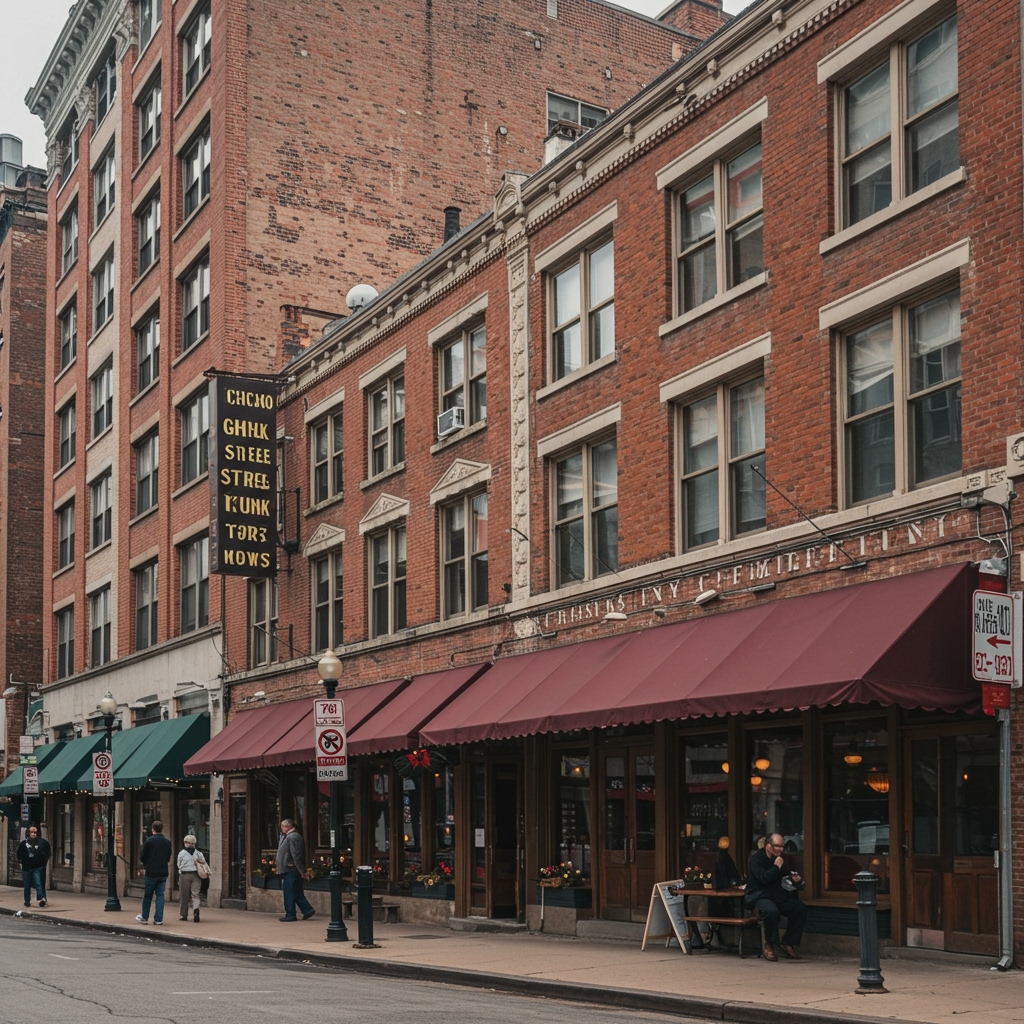CHICAGO – The Gale Street Inn, a restaurant steeped in history and known for its enduring presence in Chicago’s Jefferson Park neighborhood, has permanently closed its doors after more than six decades in business. The establishment, which first welcomed diners in 1960, announced its abrupt closure this week, citing persistent challenges within the hospitality industry.
Confirmation of the closure arrived through the restaurant’s official Instagram account, delivering the news in two stages. An initial post shared late Wednesday night featured a video accompanied by a heartfelt message: “It’s been a heck of a run Chicago, thank you!” This was followed by a more explicit announcement on Thursday morning, confirming the permanent cessation of operations.
Stated Reasons Behind the Closure
In their official communication, the ownership candidly addressed the primary factors leading to the difficult decision. They highlighted ongoing difficulties in hiring and retaining quality staff as a significant impediment to maintaining their operational standards. The statement expressed frustration with the situation, with owners stating they were “tired of sucking” – a colloquial but potent expression reflecting dissatisfaction with service quality potentially impacted by staffing shortages.
The ownership further elaborated that attempting to maintain their level of service and handle the volume of customers by overworking their existing crew was simply not sustainable. This operational strain, exacerbated by staffing constraints, ultimately forced their hand in deciding to close permanently.
A Jefferson Park Landmark’s History
The Gale Street Inn was more than just a restaurant; it was a community fixture in Jefferson Park for over 60 years. Opening in 1960, it became synonymous with a specific type of Chicago dining, attracting generations of families and patrons. Its longevity in a competitive culinary landscape underscored its status as an iconic institution within the city’s vibrant food scene. While the Instagram announcement focused on immediate operational challenges, the restaurant’s history is interwoven with the growth and changes of the Jefferson Park area itself.
Over its many decades, the Inn cultivated a loyal customer base and employed countless individuals, contributing to the local economy and community fabric. Its closure marks the end of an era for many residents who held fond memories of dining there.
Message to Stakeholders
In their closing statements, the owners extended profound gratitude to those who were part of the restaurant’s long journey. They specifically thanked their current and former employees, acknowledging their contributions over the years. Guests, who provided the patronage necessary for over six decades of operation, were also thanked for their loyalty. Additionally, vendors who supplied the business were recognized.
The ownership offered an apology for the abruptness of the closure. They acknowledged the inherent difficulty in closing a retail business gracefully, suggesting the circumstances necessitated a swift decision rather than a prolonged wind-down period. This acknowledgment points to the challenging nature of navigating the final stages of shuttering a long-standing establishment.
Broader Context of Industry Challenges
The issues cited by the Gale Street Inn’s ownership resonate with broader challenges facing the restaurant and hospitality industry nationwide, and particularly in urban centers like Chicago. Difficulties in attracting and retaining skilled labor have been a persistent problem since the COVID-19 pandemic, impacting operational capacity and service quality across various sectors. The Inn’s situation underscores how even well-established and beloved institutions are not immune to these economic and labor market pressures.
The permanent closure of the Gale Street Inn leaves a void in the Jefferson Park dining scene and serves as a poignant reminder of the complex operational realities confronting legacy businesses in the current economic climate. While the specific reasons are tied to staffing sustainability, the outcome reflects the precarious balance required to maintain a successful restaurant operation in the modern era.














